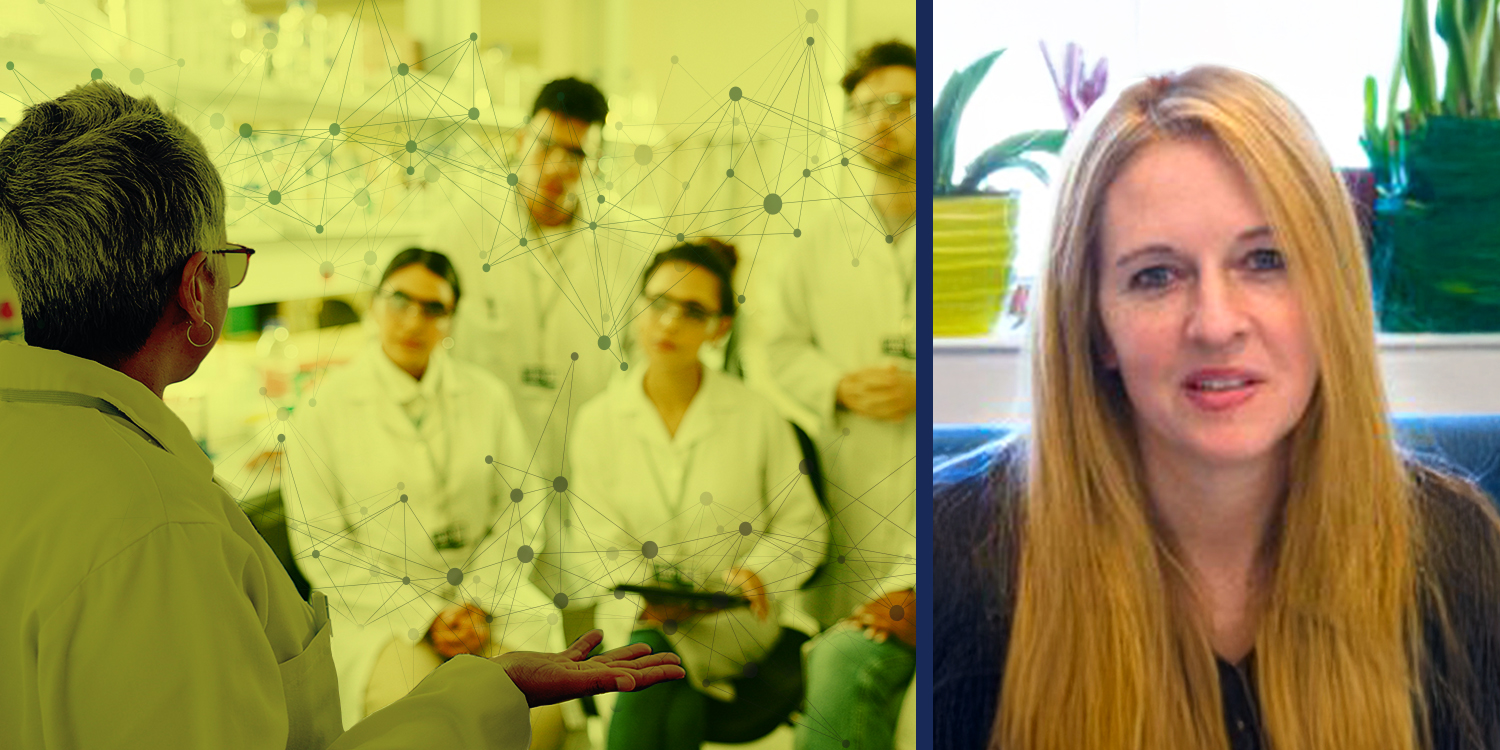
From Accreditation to Advocacy: Exploring the AAALAC Fellowship and the AALAS Foundation
Presented by
Kelly S. Patterson, MLAS, CMAR, RLATg, ILAM
Supporting you, supporting science—this presentation uncovers the powerful resources of AAALAC and the AALAS Foundation to elevate your work and our profession.
Watch the webinar →Webinars
6 Simple Tips That Will Significantly Improve Rodent Surgical Outcomes Webinar
Presented by
Marcel Perret-Gentil, DVM, MS
Participants will discover six simple but impactful tips to significantly improve surgical outcomes. This presentation is designed for individuals with minimal or no rodent surgical skills and is also a valuable opportunity for those with considerable experience wanting to improve outcomes as well as teach such key principles.
Reproducibility Of Animal Studies
Presented by
Nuno Henrique Franco, PhD
Frequent failure of clinical trials based on preclinical findings raises questions about the translational value of animal models. However, estimating the predictive validity of animal models is hindered by most ‘positive results’ being a consequence of methodological failures and uncontrolled biases, rather than treatment effects.
The Use of Performance Standards in the AAALAC Accreditation Process
Presented by
Javier Guillén, DVM
In this session, the use of performance standards by AAALAC International and institutional animal care and use programs, in general, will be discussed, as an example to follow for professionals and institutions participating in the AAALAC accreditation program or just willing to implement effective practices.
Working with Difficult Personalities
Presented by
Laura A. Conour, DVM, DACLAM
Pamela Straeter, MS, RLATG, CMAR, CPIA
Do you have a PI, colleague, or employee who you just dread working with? Is your day ruined when you see this person looming in the door of your office and stomping into your personal space? Have you tried deep breathing exercises but still find yourself grinding your teeth after a totally non-productive encounter? Are you starting to ask yourself, “is it me?” If you’ve answered yes to any or all of these questions, then this topic should appeal to you!
Does Your Occupational Health Program Need a Shot in the Arm?
Presented by
Timothy D. Mandrell, DVM, DACLAM
Mildred Montgomery Randolph, DVM, DACLAM
Occupational Health and Safety Programs (OHSP) have historically presented a challenge for animal care and use programs across the spectrum of organizations. Successful OHSP do not just happen. They require strategic training and coordination from several stakeholders.
Corynebacterium bovis: New Insights, Extraordinary Challenges
Presented by
Neil S. Lipman, VMD
Corynebacterium bovis (Cb), the etiology of “Corynebacterium-associated hyperkeratosis (CAH)”, is an insidious organism that has and continues to pose significant challenges to institutions using immunodeficient mouse models in oncology and other scientific disciplines.
